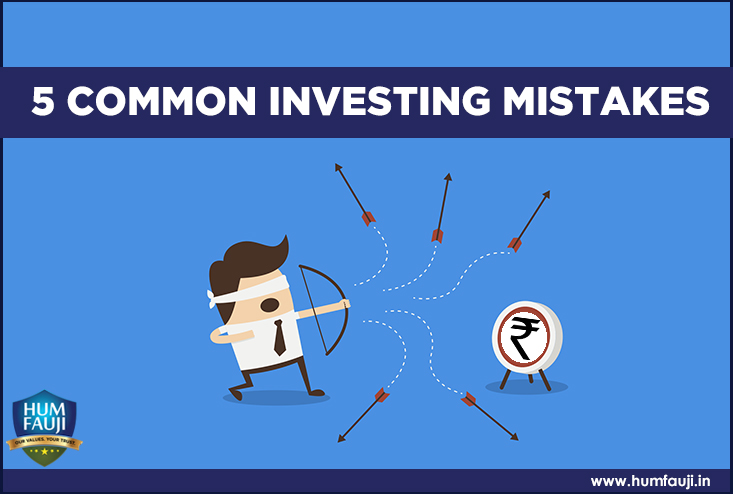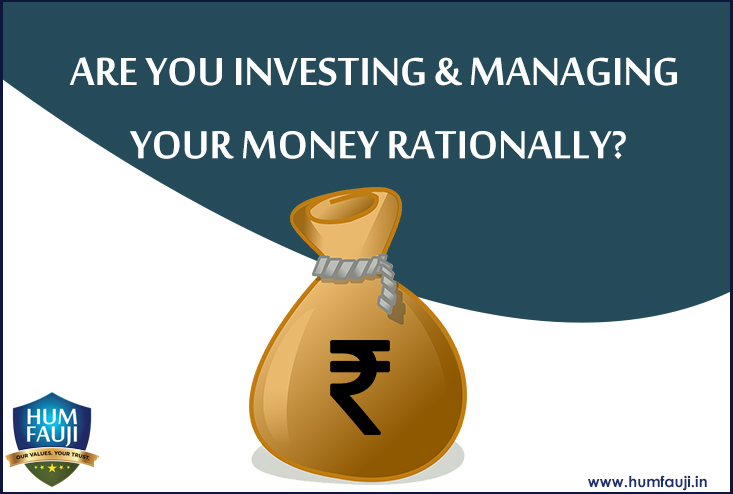Guaranteed pension, assured returns from government schemes, relatively low inflation and the security of a joint family – all the four pillars on which has previous generation’s retirement planning rested, have either gone or will disappear soon. Tomorrow’s retirees will balance high income with uncertain returns, better means of capital appreciation with longer lifespan, and all new earning and career options with an urge to hang up their boots early. And all this, without wanting to compromise on their lifestyle.
The other big challenge for retires comes from an enemy that is both stealthy and relentless – inflation. Just as compounding works to grow your corpus, inflation eats away at its value. The sum of Rs 1 crore may seem like a lot of money today but over 30 years, an inflation of 8% can reduce its equivalent purchasing value to less than Rs 10 lakhs of today!! And to think that consumer-level inflation today actually is in double digits. A low-to-moderate inflation rate of 7-8% does not attract attention of the working class. That’s because incomes prices of products and services do not seem to be shooting up ‘fast’ but it nevertheless erodes your money-value ever so quietly!
Dangers of Living Long Only on Govt Pension
Let’s take the example of a Colonel who retires at the age of 54 in June 2011. He will get a pension of approx Rs 26,000 pm after tax (assuming 50% commutation of pension) which grows by approx 5% per annum due to the DA component. We assume that his household expenses are Rs 25,000 pm which increases with inflation at approx 8%. The calculation further assumes he has no other liability and lives in his own house. A very preliminary calculation shows that, if he is dependent only on his pension for his living, then, due to this difference of 3% in the growth rates of his pension and inflation, his pension will fall short of his expenses by Rs 1394 per month after 3 years. This figure will shoot up to Rs 9641 per month 9 years after retirement, Rs 25252 pm 15 years after retirement and Rs 83166 pm 25 years after retirement. Remember, since we live well and maintain ourselves well, our life expectancy is comfortably at 85 years of age – ie, we will live more than 30 years after our retirement!!
And in case somebody feels that he has approx Rs 50 lakh corpus of retirement benefits which will help him live well, calculations again show that if he invests this sum at 8% per annum in very safe investment avenues and gets the returns, he will start eating into this corpus from the age of 66 years (ie just 12 years after retirement) and by the age of 80 years (ie 27 years after retirement), there will be no corpus left! Also remember that we are only talking about normal day-to-day living, no big purchases – not even change of a car ever or gifts for children / grand-children or holidays or repayment of a home loan. And if inflation goes into double digits as it is today, heavens will surely fall!
So it is clear that inflation eats away your entire guaranteed pension. There is a significant gap between the income and expenses and this gap can create a serious problem in future. It is advisable to invest adequate a disciplined amount regularly in some high growth investment avenues while you are serving, which generates high return that will not only support your expenses after you stop earning but will help you pursue your dreams post-retirement.
Follow this four-step retirement strategy to build up a healthy nest-egg:-
- Know how much you need
The income that you would need to live off on after retirement is approximately 65-70% of the income that you live off on while working, considering no big purchases or expenditures. However, this rule of thumb may not be accurate for everybody since people are living longer than ever and retiring in good enough health to incur additional expenses (travel, entertainment, and so on). This estimate applies if your situation fits the following criteria:
- Your house will be paid off (no rent/loan).
- No work-related expenses (commuting, changing of clothes frequently, shifting, etc).
- Your children will be financially independent.
- Fewer taxes because of lower income and No debt of any sort.
- Decide your asset allocation
Don’t pull all your nest eggs in one basket. That’s too risky a strategy for something as important as retirement. The nest egg should be a mix of different asset classes and investment instruments. Equities offer a distinct advantage because they can deliver significantly higher returns than other investment over the long term. Investors whose retirement is 20-25 years away should ideally park their investment in equity mutual funds. For older investors in their 40s and 50s, a larger allocation to debt is advisable. However, this is a generalized statement and finally, everything depends on your risk attitude and aptitude (calculate your Risk Aptitude from the calculator on our website www.humfauji.com).
- Choose appropriate products
Once you have decided your asset allocation, choose the investment vehicles that will take you to your destination. Instead of investing in a single scheme, do so in a bunch of instruments, which not only assure regular income but also allow your corpus to grow in tandem with your withdrawals and rising inflation. This strategy should alter with the age or stage of the life after retirement. So, for the first 6-8 years after you retire, allow your funds to grow at faster rate than the withdrawal. Even as you use the interest earned through debt options to meet your expenses, invest in equity through mutual funds or monthly income plans. However, the crux of all investment remains a very aggressive monitoring after you have parked your funds in them.
- Formulate a withdrawal plan
The final step in your retirement planning is to formulate a withdrawal strategy. Your retirement portfolio must have two essential components: liquidity and growth. It should provide you regular income and also grow fast enough to take care of future expenses. Systematic Withdrawal Plans (SWP) options of the Mutual Funds and rentals from a good residential / commercial property are ideal in this regard.
Visit our Blog, https://humfauji.in/blog or facebook page http://www.facebook.com/HumFaujiInitiatives or follow us on Twitter https://twitter.com/#!/humfauji to get latest insight on matters financial














Leave a Reply